Paralympic Pit Stop
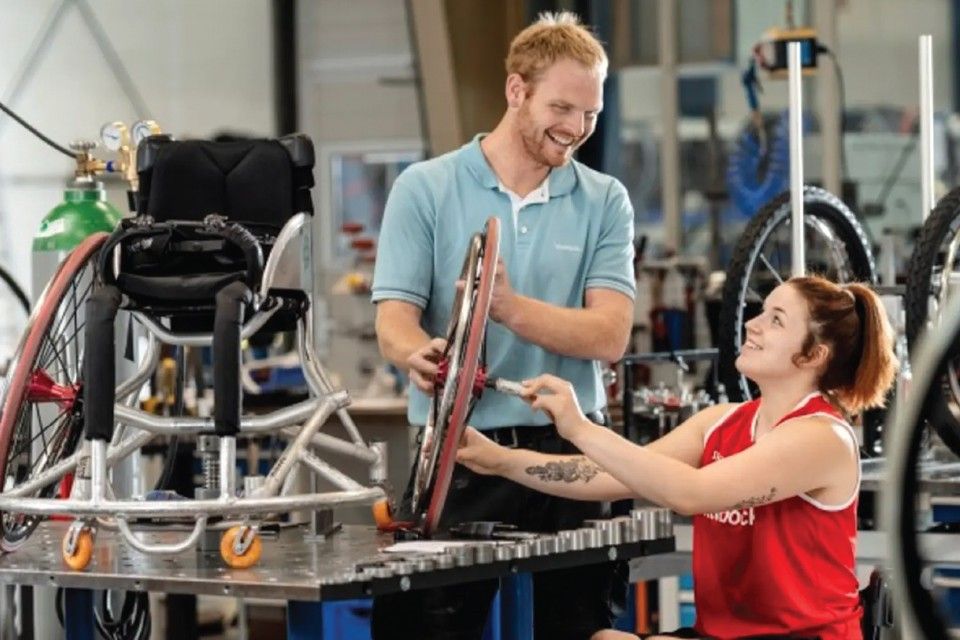
As an Official Supplier to the Paralympic Games, Ottobock sends its own international team of technicians to support athlete equipment needs.
As a long-standing partner of the International Paralympic Committee, Ottobock, the worldwide prosthetic and mobility devices manufacturer, is once again providing technical services before and during the Paralympic Games so athletes need not worry about their device’s performance in competition.
Ottobock sets up Technical Repair Service Centers close to the Athletes’ Village and in select training facilities and venues. The team also has a fully-equipped mobile Technical Repair Service Center.
The Service Centers are often buzzing with activity, and have been compared with motorsport pit lanes. But unlike pit stop mechanics, Ottobock’s team of technicians carries out repair and maintenance work for thousands of top athletes who use custom equipment to compete. Fulfilling this task calls for specialist knowledge and the ability to work under high pressure. Just like the pit stops in Formula One, technical support is provided as a united effort in each Center.
Experienced O&P professionals, wheelchair specialists and welders ensure that equipment is professionally repaired and maintained – regardless of the athlete’s nationality or the brand of their prosthesis, orthosis, or wheelchair. Before the events even begin, the Technical Repair Service Centers work flat-out to ensure that the athletes’ sports equipment have not been compromised during transport.
Many athletes at the Paralympic Games use equipment and devices that are exposed to extreme stress and strain during their competitions. Wheelchairs in particular are often damaged during intense contact sports. This can potentially put athletes out of the game. And this is why a technical service team is indispensable to the Games. Athletes access the services for free.
The partnership with the Paralympics began in Seoul in 1988. Ottobock has been at every Summer and Winter Paralympic Games ever since, paving the way for optimal performances for all athletes.
At the 2016 Paralympic Games in Rio, a 100-strong team made up of members from 29 countries provided technical services that totaled over 10,400 hours of work, and 2,408 repairs for 1,667 different athletes from 134 countries. For Paris, Ottobock is sending a 164-member team from 41 nations with 31 languages spoken among them.
And as part of its commitment to the Paralympic Games, Ottobock trains O&P professionals for sports-related services, improving the availability of equipment to athletes in developing countries and raising public awareness of Paralympic sports.
Ottobock sets up Technical Repair Service Centers close to the Athletes’ Village and in select training facilities and venues. The team also has a fully-equipped mobile Technical Repair Service Center.
The Service Centers are often buzzing with activity, and have been compared with motorsport pit lanes. But unlike pit stop mechanics, Ottobock’s team of technicians carries out repair and maintenance work for thousands of top athletes who use custom equipment to compete. Fulfilling this task calls for specialist knowledge and the ability to work under high pressure. Just like the pit stops in Formula One, technical support is provided as a united effort in each Center.
Experienced O&P professionals, wheelchair specialists and welders ensure that equipment is professionally repaired and maintained – regardless of the athlete’s nationality or the brand of their prosthesis, orthosis, or wheelchair. Before the events even begin, the Technical Repair Service Centers work flat-out to ensure that the athletes’ sports equipment have not been compromised during transport.
Many athletes at the Paralympic Games use equipment and devices that are exposed to extreme stress and strain during their competitions. Wheelchairs in particular are often damaged during intense contact sports. This can potentially put athletes out of the game. And this is why a technical service team is indispensable to the Games. Athletes access the services for free.
The partnership with the Paralympics began in Seoul in 1988. Ottobock has been at every Summer and Winter Paralympic Games ever since, paving the way for optimal performances for all athletes.
At the 2016 Paralympic Games in Rio, a 100-strong team made up of members from 29 countries provided technical services that totaled over 10,400 hours of work, and 2,408 repairs for 1,667 different athletes from 134 countries. For Paris, Ottobock is sending a 164-member team from 41 nations with 31 languages spoken among them.
And as part of its commitment to the Paralympic Games, Ottobock trains O&P professionals for sports-related services, improving the availability of equipment to athletes in developing countries and raising public awareness of Paralympic sports.
More at paralympics.ottobock.com.

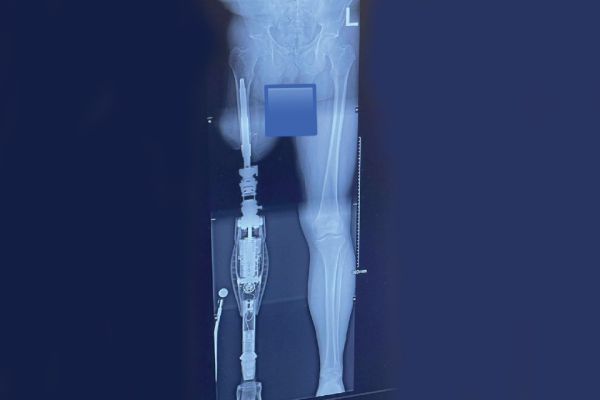
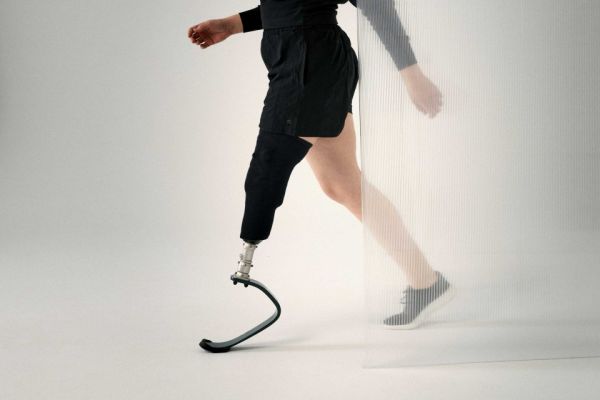
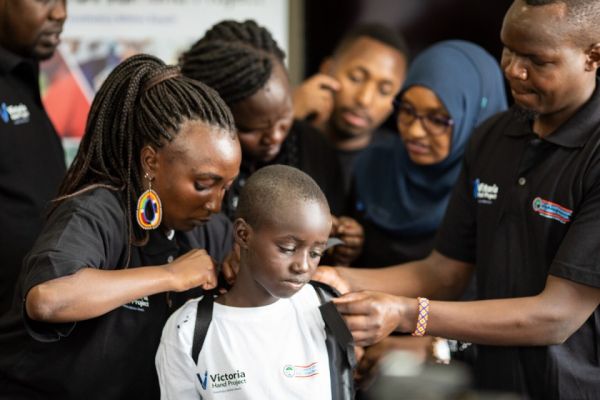
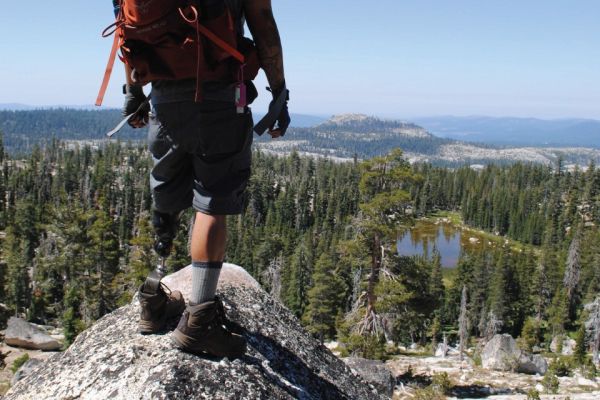
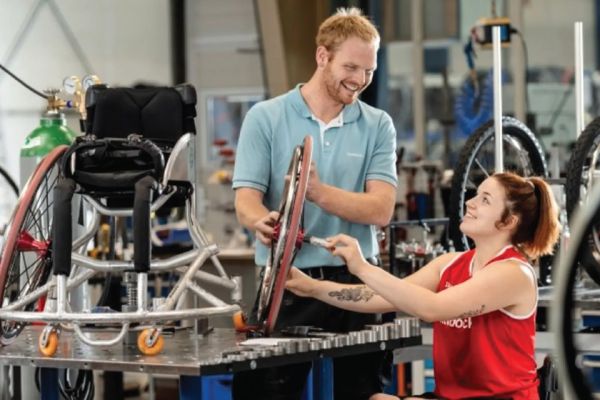
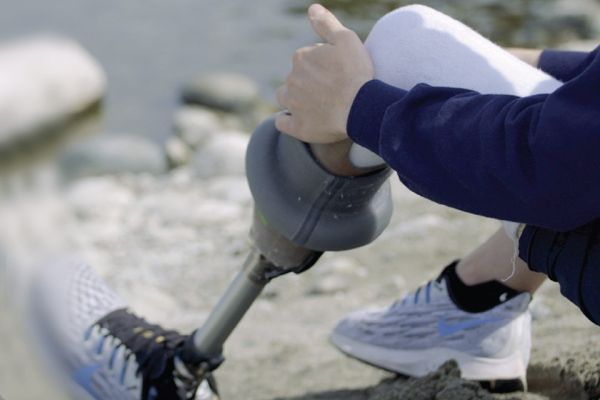

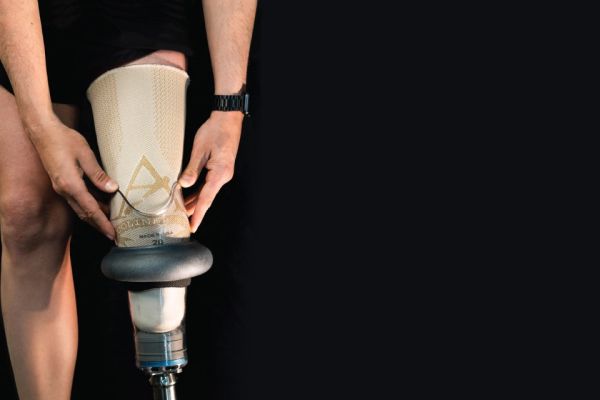
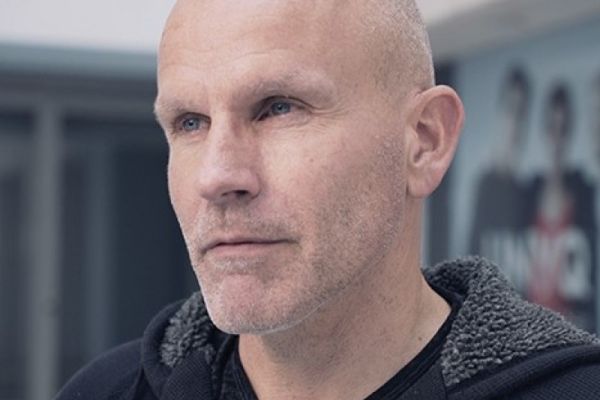
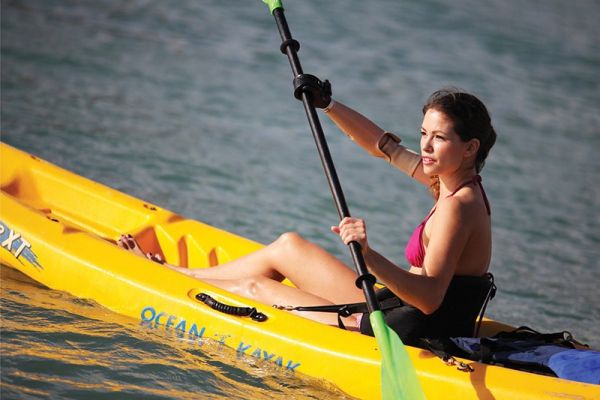
 How to resolve AdBlock issue?
How to resolve AdBlock issue?